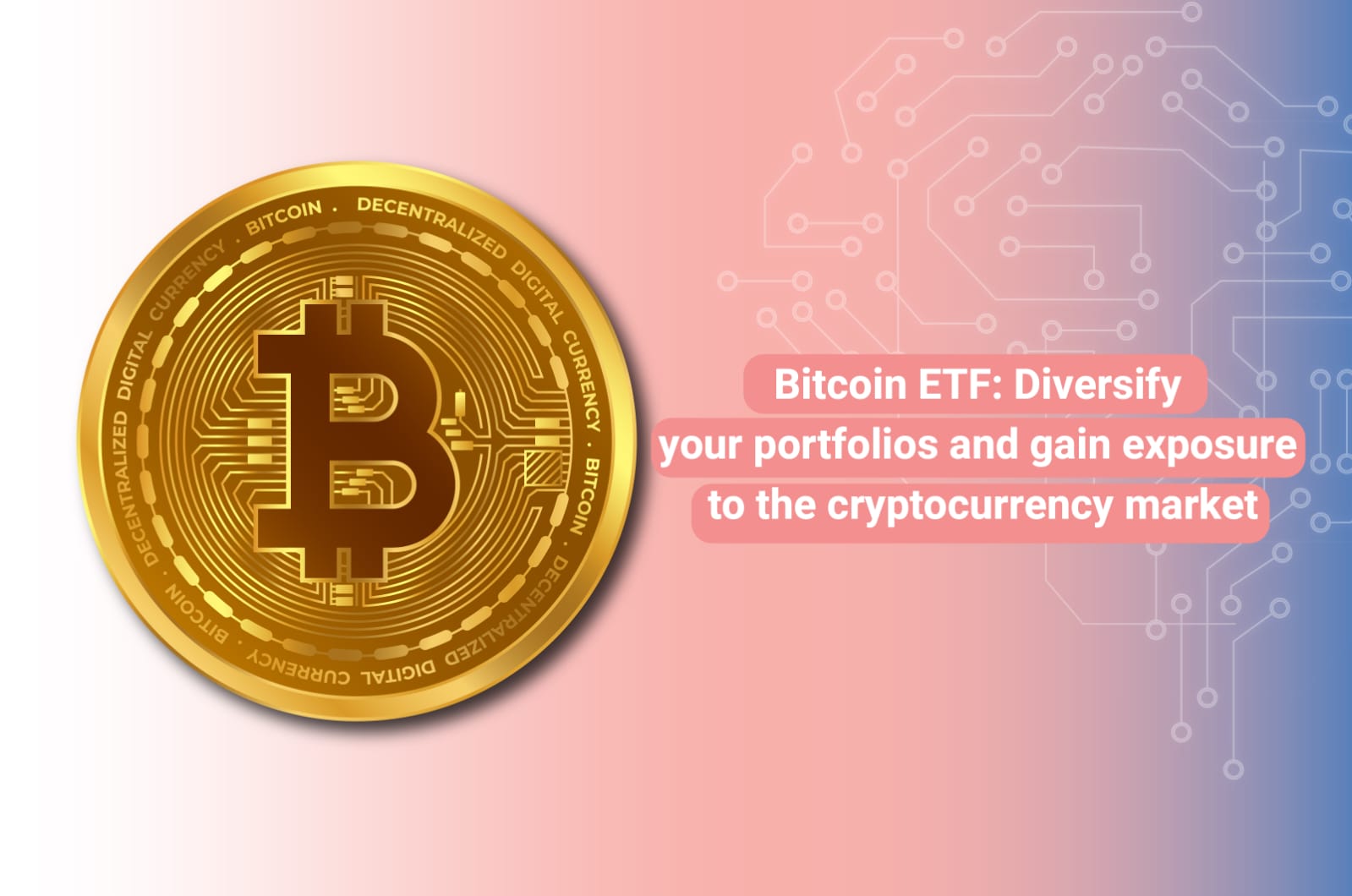Bitcoin ETFs have become increasingly popular in recent years, as investors look for ways to diversify their portfolios and gain exposure to the cryptocurrency market. A Bitcoin ETF (exchange-traded fund) is a type of security that tracks the price of Bitcoin, allowing investors to gain access to the cryptocurrency without having to purchase it directly. ETFs are traded on major exchanges and can be bought and sold in the same way as stocks and bonds.
The concept of a Bitcoin ETF has been around for some time, but the first one was not approved by the US Securities and Exchange Commission (SEC) until 2019. Since then, several other Bitcoin ETFs have been approved, including the iShares Bitcoin Trust (IBIT) and the VanEck Vectors Bitcoin Strategy ETF (BKC).
The main benefit of a Bitcoin ETF is that it provides investors with access to the cryptocurrency market without having to purchase and store Bitcoin directly. This eliminates the need for investors to set up a digital wallet and store their Bitcoin securely. Additionally, Bitcoin ETFs are regulated by the SEC, meaning that investors can be assured of the safety of their investments.
The concept of a Bitcoin ETF has been met with some skepticism from regulators, who are concerned about the potential for manipulation and fraud in the cryptocurrency market. Additionally, the SEC has expressed concern about the lack of liquidity in the Bitcoin market, which could make it difficult for ETFs to accurately track the price of Bitcoin.
Despite these concerns, Bitcoin ETFs have become increasingly popular among investors who are looking to diversify their portfolios and gain exposure to the cryptocurrency market. Additionally, the SEC has recently approved several new Bitcoin ETFs, including the VanEck Vectors Bitcoin Strategy ETF (BKC) and the iShares Bitcoin Trust (IBIT).
The iShares Bitcoin Trust (IBIT) is the first ETF to be sponsored by a major financial institution, BlackRock. IBIT is designed to provide investors with exposure to the price of Bitcoin, without having to purchase and store the cryptocurrency directly. IBIT is traded on the Nasdaq exchange and can be bought and sold in the same way as stocks and bonds.
The VanEck Vectors Bitcoin Strategy ETF (BKC) is the second Bitcoin ETF to be approved by the SEC. BKC is designed to provide investors with exposure to the price of Bitcoin, without having to purchase and store the cryptocurrency directly. BKC is traded on the NYSE Arca and can be bought and sold in the same way as stocks and bonds.
When choosing which Bitcoin ETF to buy, investors should consider the fees, expense ratio, and trading volume of the ETF. Investors should also be aware of the risks associated with investing in Bitcoin ETFs, including the potential for losses due to volatility in the cryptocurrency market.
Bitcoin ETFs provide investors with access to the cryptocurrency market without having to purchase and store Bitcoin directly. While there are some risks associated with investing in Bitcoin ETFs, they have become increasingly popular among investors who are looking to diversify their portfolios and gain exposure to the cryptocurrency market. Investors should consider the fees, expense ratio, and trading volume of the ETF when choosing which Bitcoin ETF to buy.
